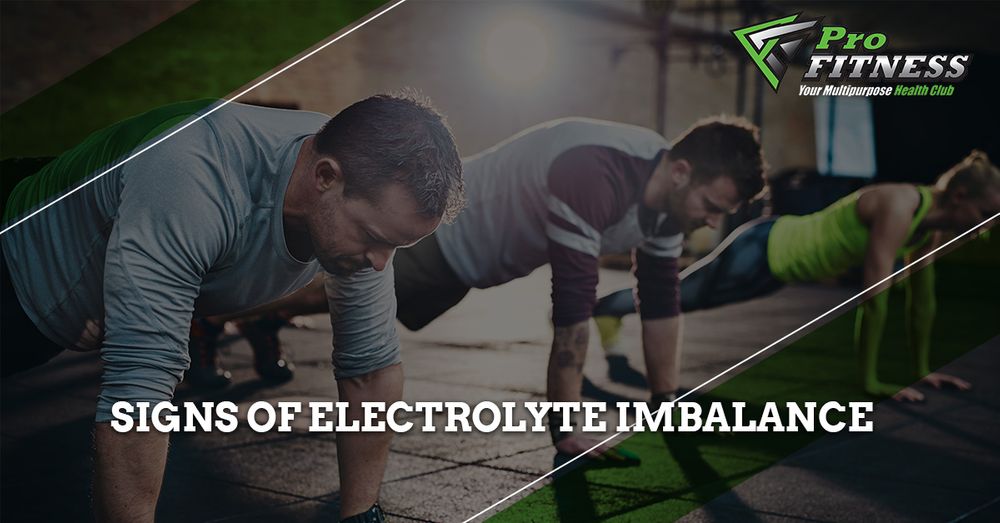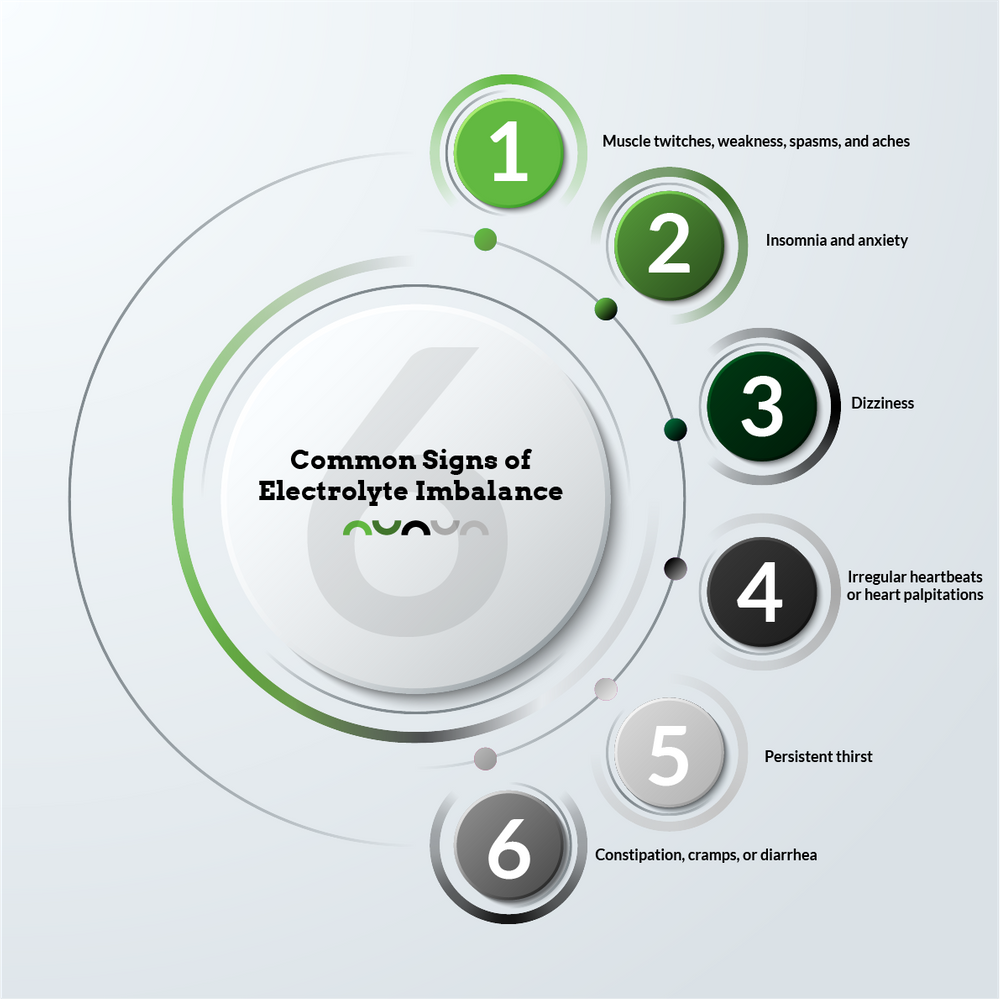Any good workout will make you sweat, but summer workouts generally make people sweat more than ever. This means that there’s a bunch of people losing electrolytes at a higher rate than normal. We figured there’s no better time than late July to talk about what happens when your body loses electrolytes.
Electrolytes are found in bodily fluids, including your sweat. They earn their name by producing charged ions when dissolved in water. These ions allow your nerves to communicate, which, in turn, helps your body function correctly. Without the correct balance of electrolytes, Electrolyte imbalances come in different forms and can be caused by anything from hormonal imbalances to sickness to chemotherapy. One of the most common types of imbalance is caused by sweating combined with an electrolyte-deficient diet.



